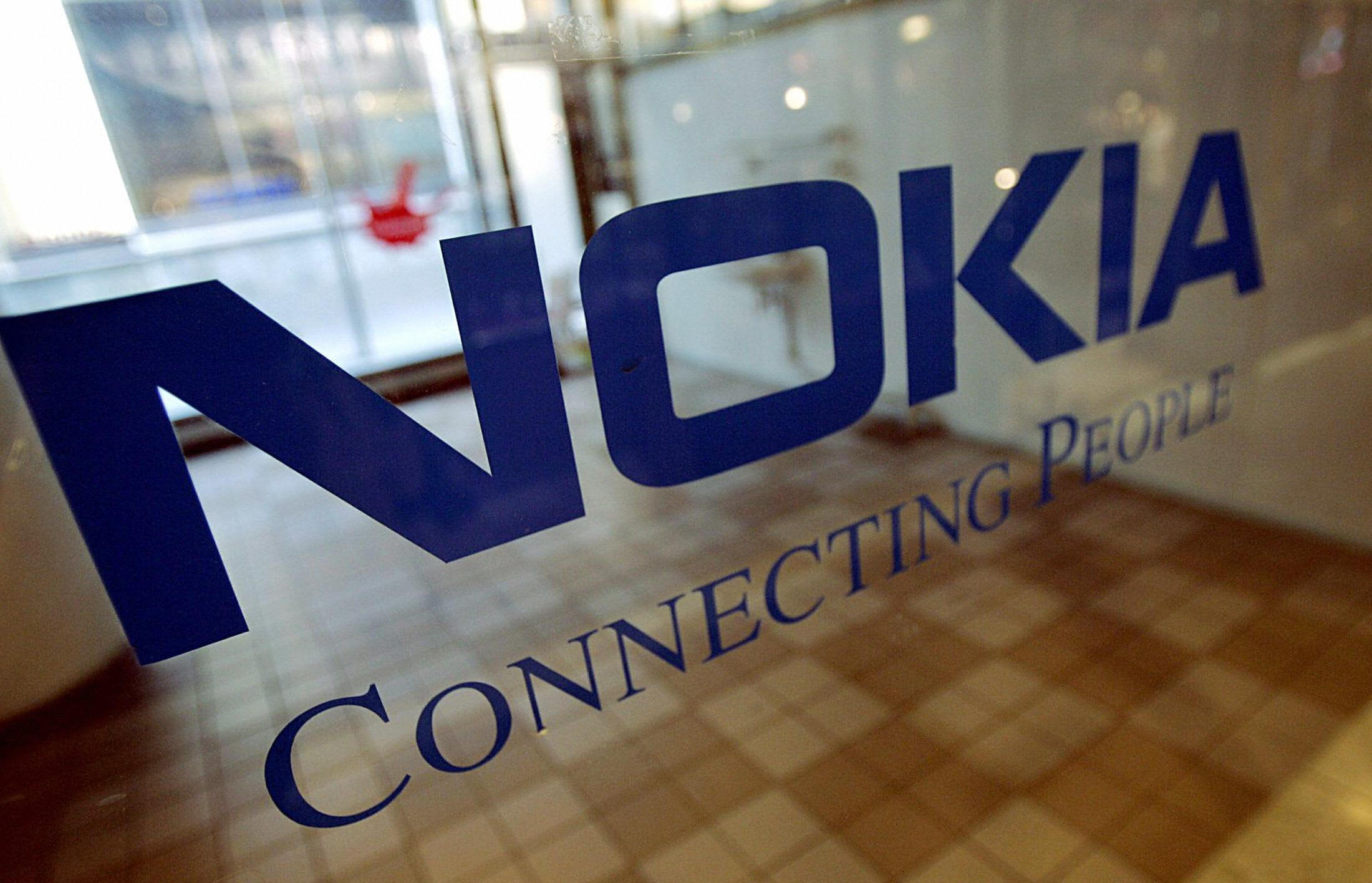
The ongoing global chip shortage needs to be closely monitored and supply chain visibility isn't as good as it used to be, Nokia President and CEO Pekka Lundmark told CNBC.
Lundmark, who took the top job at Nokia in September, told CNBC's "Squawk Box Europe" Friday that the chip market is "tight" at the moment.
"It's not only telecoms. It's automotive, it's consumer gadgets, it's the emerging IOT (internet of things) devices," he said. "The whole semiconductor industry is actually very busy finding ways to increase capacity."
Chips are used to power cars, phones, high performance computers, defense systems, AI applications and many other things.
The chip shortage has hit the cost-conscious automotive industry particularly hard as it uses chips in everything from power steering and brake sensors, to entertainment systems and parking cameras. The smarter cars get, the more chips they use.
Several manufacturers including GM, Honda, and Ford have been forced to cut production.
Nokia itself, however, hasn't been too badly affected. "We are not seeing any real shortage," said Lundmark. "The situation is manageable, but this is a matter that requires constant attention."
He added that the medium to long-term visibility on chip supply is not as good as it used to be.
The Finnish firm uses chips in its networking equipment and its smartphones, but it doesn't actually manufacture them itself.
The world's biggest manufacturers are Taiwan's TSMC, China's SMIC, and South Korea's Samsung. However, Samsung and TSMC are the only two companies in the world that are capable of manufacturing the 5 nanometer chips.
One of the reasons there are so few 5nm chip manufacturing plants is because they're expensive. Building something so small requires hi-tech equipment that isn't cheap.
According to the Semiconductor Industry Association, a coalition backed by several chipmakers, the U.S. only accounts for about 12.5% of semiconductor manufacturing. Europe accounts for less than 10% of global production, although that is up from 6% five years ago. The European Commission, the executive arm of the EU, wants to boost that figure to 20% and is exploring investing 20-30 billion euros ($24-36 billion) to make it happen.
Countries are now looking at funding new chip plants as part of an effort to sort out supply issues. President Joe Biden signed an executive order on Feb. 24 that's intended to address the chip shortage through a review.
March 19, 2021 at 09:42PM
https://ift.tt/3tEqF7Y
Nokia CEO says the global chip shortage requires ‘constant attention’ - CNBC
https://ift.tt/2RGyUAH
Chips

No comments:
Post a Comment